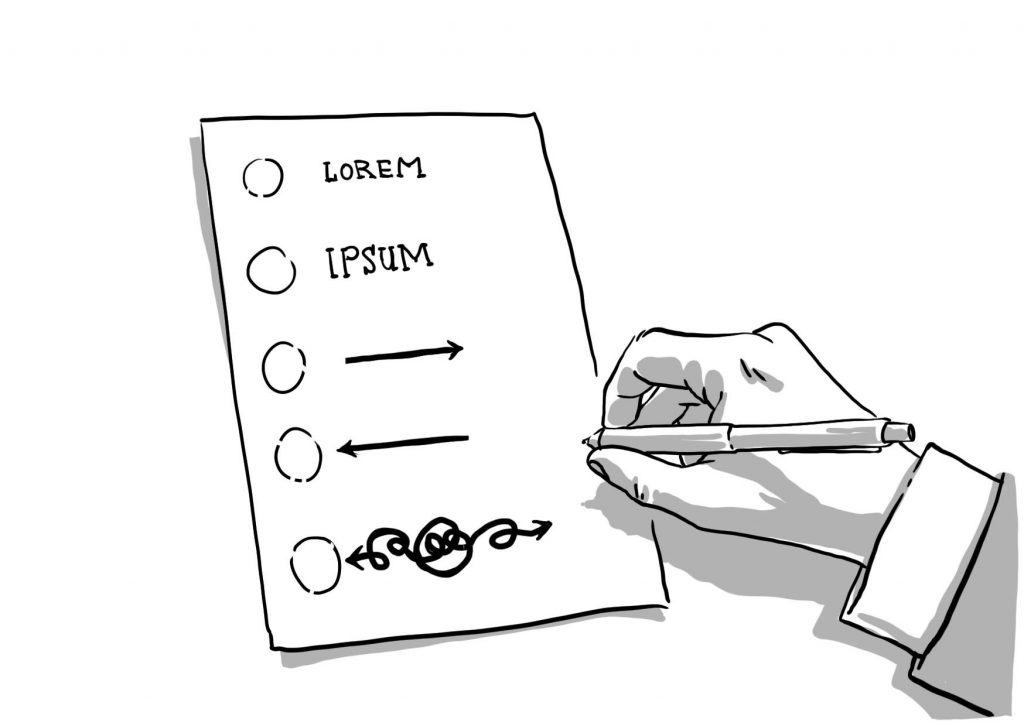As Germany prepares to head to the polls, MPP students Johanna Buchholz and Racien Nowak sat down with future Dean of the Hertie School Henrik Enderlein to weigh on the elections and discuss issues at stake in the labour market and the country’s future role in the European Union.
TGP: An article published in the NY Times on 10 September 2017 stated that the upcoming election in Germany is mostly a referendum on Angela Merkel as a person. If Merkel’s persona is that important, would Germany’s role in the European Union shift if she were to lose the election?
Fortunately, the German election is not nearly as controversial or contested as the ones we saw in France and the U.S., or as the decisions on Brexit. I think Martin Schulz and Angela Merkel are relatively close when it comes to European issues, which is a good thing because it demonstrates the stability of the German role within the EU. What could make a difference is the coalition configuration after the election. A CDU-FDP coalition would clearly have a different approach to Europe than a Grand Coalition or Jamaica. The FDP has made it quite clear that they are fairly hesitant about deepening the Euro Area – much more than any other party. That means a direct coalition between CDU and FDP would make the relationship with France as well as the strengthening of the European Union more difficult.
TGP: Regarding the European Union and the relation to France, you said in an interview with FOCUS Online on 3 September 2017 that it would be good to work more closely with France regarding the Monetary Union. What should this entail?
Interestingly a majority of economists and ECB President Draghi agree that the current shape of the Euro Area is still incomplete. There is a need for action. Emanuel Macron has pushed a very clear agenda saying he wants a eurozone finance ministry as well as a budget for the euro area. Germany has been hesitant about this in many respects. But even from the German side, there has been an opening about a European finance minister or a European budget. I think right before the elections it is not the right time to talk about the highly complex specifics. After the election, France and Germany together with the European partners should sit down and work on a plan on how to strengthen the euro area and the European Union.
TGP: Speaking about Europe and European decisions: How do you think that Germany and Europe should deal with the ongoing influx of refugees?
The refugee issue clearly is a European challenge, and so there should be a European answer. What we would need in an ideal context is a European refugee policy, a European asylum status and a European fund to integrate and train those migrants. We also have to ensure a fair distribution over the regions. However, what we see right now is the opposite of this ideal context – a very uneven distribution, also in taking responsibility. At the height of the refugee influx in the summer of 2015 Germany provided a lot of solidarity but there was no solidarity in Europe regarding refugees. There needs to be solidarity and joint action.
TGP: Migration is also one way to get new skilled labour. Since Germany is in need of skilled labour, how could we make sure to integrate refugees into the labour market and provide the necessary skills training?
First of all, I am convinced that refugees can be integrated into Germany – even if some people promote an opposite view. What is interesting to think of is that if we had a million new babies born in one year, people would have said that this is fantastic. Now we have a million refugees, and people say that is mostly a challenge. Well, it takes 15 to 20 years before a baby makes its way from birth into the labour market. Why don’t we take five to 10 years and provide the necessary money and resources to train the refugees and get them into the labour market? Within five years everyone will manage to learn the language and most of the people are young and have their lives ahead of them. They want to learn! So it is possible—we just need to invest in order to train and integrate them.
TGP: Besides a need for attracting skilled labour from abroad, we also need to (re-) activate people that already live in Germany but do not have a job or who are involuntarily working part-time. One group that needs to be more integrated into the labour market are women. What would be a good way to encourage and incentivize them?
The most under-utilised growth driver in Germany is female participation in the labour market, especially high-skilled female participation. Roughly, we have a million women in Germany working part-time, despite their desire to work full-time—this share is far too high.
There are various ways to counteract this. The first one is to provide day-care. Currently, 350,000 day-care places are missing in Germany. This is a scandal!
The second instrument touches a legal question: Everyone should have the right to return from part-time to full-time work. I made this proposal together with my colleague Jean Pisani-Ferry several years ago. Actually, it was part of the latest coalition agreement, but in the end, it was blocked by the grand coalition. The third element that has to be changed is the German tax system. According to the OECD, it is the one system that penalises the second wage earner the most. Instead of providing incentives for women to get into the labour market, it provides disincentives. This has to be changed.
TGP: Germany is below the OECD average for the share of the GDP spent on education. Is more investment needed and if so, what kind of investment should be made?
Firstly, education is very often a matter of recognition, and we recognise people and schools through the wages we pay teachers and through the qualities of our schools. If our schools are in a dreadful state and our teachers are badly paid, it makes it harder to put a vibrant education system into place. Secondly, putting money into the education system does not resolve all problems. But money is a necessary ingredient for good training. If you want to become trained as an electrician or as a manufacturer of artificial teeth, you need to be trained with the most modern equipment. This requires investment. Thirdly, the key problem in Germany regarding the education system is not that the money is not available, but that the decentralised, often chaotic education system leads to decentralised and chaotic spending throughout different regions. Germany needs to centralise its education approach, needs to invest in its education, and needs to change its recognition of teachers and the importance of them.
Henrik Enderlein is Vice-President, Dean of Strategy and Professor of Political Economy at the Hertie School of Governance as well as Director of the Jacques Delors Institut – Berlin. His research focuses on economic policy-making, in particular the European Central Bank, the EU budget, European integration, fiscal federalism and financial crises. Since 2013, Enderlein has been a member of the advisory board to Germany’s fiscal Stability Council. In 2012/2013 he was the Pierre Keller Visiting Professor of Public Policy at Harvard Kennedy School and the Weatherhead Center for International Affairs. In 2006/2007 he was Fulbright Distinguished Chair in Duke University’s political science department. In 2003, Enderlein was awarded the Max Planck Society’s Otto-Hahn Medal for outstanding achievements by young scientists. He prepared his PhD at the Max Planck Institute for the Study of Societies in Cologne, and holds degrees from Sciences Po in Paris and Columbia University in New York. Prior to his academic career, he was an economist at the European Central Bank in Frankfurt.
 Racien Nowak is a class of 2018 Master of Public Policy candidate. She obtained her Bachelors degree in Economics & Governance at Wageningen University & Universitat de Barcelona where she specialized in environmental policy and sustainable banking. Racien has an ongoing research interest in social change, political communication and advocacy.
Racien Nowak is a class of 2018 Master of Public Policy candidate. She obtained her Bachelors degree in Economics & Governance at Wageningen University & Universitat de Barcelona where she specialized in environmental policy and sustainable banking. Racien has an ongoing research interest in social change, political communication and advocacy.
Johanna Buchholz is a class of 2018 Master of Public Policy candidate. She studied Philosophy & Economics in Bayreuth and Stellenbosch where she focused on ethics, social justice and microeconomics. For the last year she was working in a public sector consultancy, specializing on the labour market and labour market institutions in Germany. Right now she is working in the Federal Ministry of Labour and Social Affairs for her professional year. Her interests lie in social and labour market policy and organizational change (management).

